"Human beings have ancestors"
It can be said that the Hung King era is the first page in the history of the Vietnamese nation, with the great contributions of the Hung Kings who opened mountains and broke rocks, building the Van Lang State. Since then, the Hung Kings have been honored by the Vietnamese people as the ancestors of the nation. In other words, all Vietnamese people have a common ancestor, the Hung Kings. The Hung King's Commemoration Day is a great festival to commemorate and express the people's gratitude for the contributions of their ancestors to the founding of the country, and at the same time express the Vietnamese people's desire to be protected by their ancestors, to pray for national peace and prosperity, and favorable weather.
The jade genealogy written during the Tran Dynasty, in 1470 under King Le Thanh Tong, and in 1601 under King Le Kinh Tong, was copied and sealed at Hung Temple, stating: “...From the Trieu Dynasty, Dinh Dynasty, Le Dynasty, Ly Dynasty, Tran Dynasty to our current dynasty, Hong Duc Hau Le, they still burn incense in the temple in Trung Nghia village. The land collected from taxes from the past to be used for worshiping purposes has not changed...”. During the Nguyen Dynasty, in the 2nd year of Khai Dinh (1917), Phu Tho Governor Le Trung Ngoc presented to the Ministry of Rites, setting the 10th day of the 3rd lunar month every year as the International Day (National Holiday, National Death Anniversary). Since then, the Hung Kings' Death Anniversary has been officially legalized. This is recorded on the stele erected in the 15th year of Bao Dai - 1940, currently placed at the Upper Temple.
Continuing the tradition of his ancestors, right after the successful August Revolution, President Ho Chi Minh signed Decree No. 22/SL-CTN on February 18, 1946, allowing civil servants to take the 10th day of the third lunar month off every year to participate in the Hung Kings' Commemoration Day. On April 2, 2007, the National Assembly approved the amendment and supplement to Article 73 of the Labor Law allowing employees to take a day off with full pay on the Hung Kings' Commemoration Day. Thus, the process of formation and development of the Hung Kings' worship is a process from low to high, continuously built and nurtured by generations, gradually becoming a unique form of cultural and religious belief in the spiritual and cultural life of the Vietnamese people. This is also a symbol of the source and creation of the strength of great national unity, the pride of the Vietnamese people throughout history.
With its outstanding values, “Hung King worship in Phu Tho” was recognized by the United Nations Educational, Scientific and Cultural Organization (UNESCO) as an Intangible Cultural Heritage of Humanity on December 6, 2012. According to UNESCO's assessment, “Hung King worship” - a symbol of the spirit of great solidarity and the traditional morality of “remembering the source of water when drinking” of the Vietnamese people, has met the most important criterion of the 5 criteria, which are: Heritage with outstanding global value, encouraging the common consciousness of all nations in promoting that value.
Religious symbols connect the past with the present
The Hung King worship belief affirms that Vietnamese people have a common origin and ancestor, creating a strong spiritual belief, thereby fostering pride, forming a tradition of solidarity, love and mutual support naturally. That is also a unique feature of our nation that no other country or ethnic group in the world has.
Through the ups and downs of history, Hung King worship has become a cultural and religious symbol connecting the past with the present, fostering family, village and national affection. For every Vietnamese person, the pilgrimage to Hung Temple on the anniversary of the ancestors, sincerely lighting an incense stick before the witness of ancestors, heaven and earth is a desire, a longing, like a journey to find the self, origin and history. On the community and social level, Hung King worship is understood as a collective memory, the imprints and memories of the people about the national past, through transmission and development, it has become a spiritual thread connecting the community, a symbol of national solidarity. These activities are valuable lessons educating us about our ancestors, about our origins; are the premise and basis for forming gratitude, compassion, and community ethics; remind each individual to act according to social norms, thereby arousing self-esteem, pride and the will to rise up, perfect and develop the good virtues of the nation in every historical period.
Not only limited to Hung Temple or Phu Tho, there are more than 1,400 relics worshiping Hung Kings and related to the Hung King era appearing in all regions from North to South, showing the strong spread and enduring vitality of the Hung King worship belief in the lives of people across the country. On this important occasion, Phu Tho -
Hung Temple often welcomes millions of visitors from all over the country to offer incense and commemorate the Hung Kings. The Hung Kings' Commemoration Day is solemnly celebrated with many programs and activities that are both sacred, heroic, and exciting; vividly recreating the culture of the Hung Kings' era, while inheriting and promoting traditional values in contemporary society. With the continuous efforts of Phu Tho province, the Hung Kings' Commemoration Day and the Cultural - Tourism Week of the Ancestral Land have become an exemplary national festival, imbued with national identity, contributing to widely promoting the image of history, culture and people of Phu Tho - a land rich in tourism potential.
In particular, beyond the national scope, over the years, the celebration of the Hung King's death anniversary has appeared and been maintained in places where Vietnamese communities live in many countries around the world. Since 2015, the Global Vietnamese National Ancestor Day - the death anniversary and honoring of the descendants of the Hung King worldwide - has been held regularly every year, creating a common cultural day, not only helping to connect Vietnamese people around the world with their homeland and roots, feeling the sacred value of the two words "compatriots", but also contributing to building a cultural bridge of deep friendship between Vietnamese people and international friends, arousing national pride, promoting solidarity, standing side by side, and constantly striving for a comprehensive and sustainable development future of the Fatherland.
According to VNA
Source: https://baoninhthuan.com.vn/news/152495p1c29/gio-to-hung-vuong-mot-dan-toc-mot-nguon-coi.htm


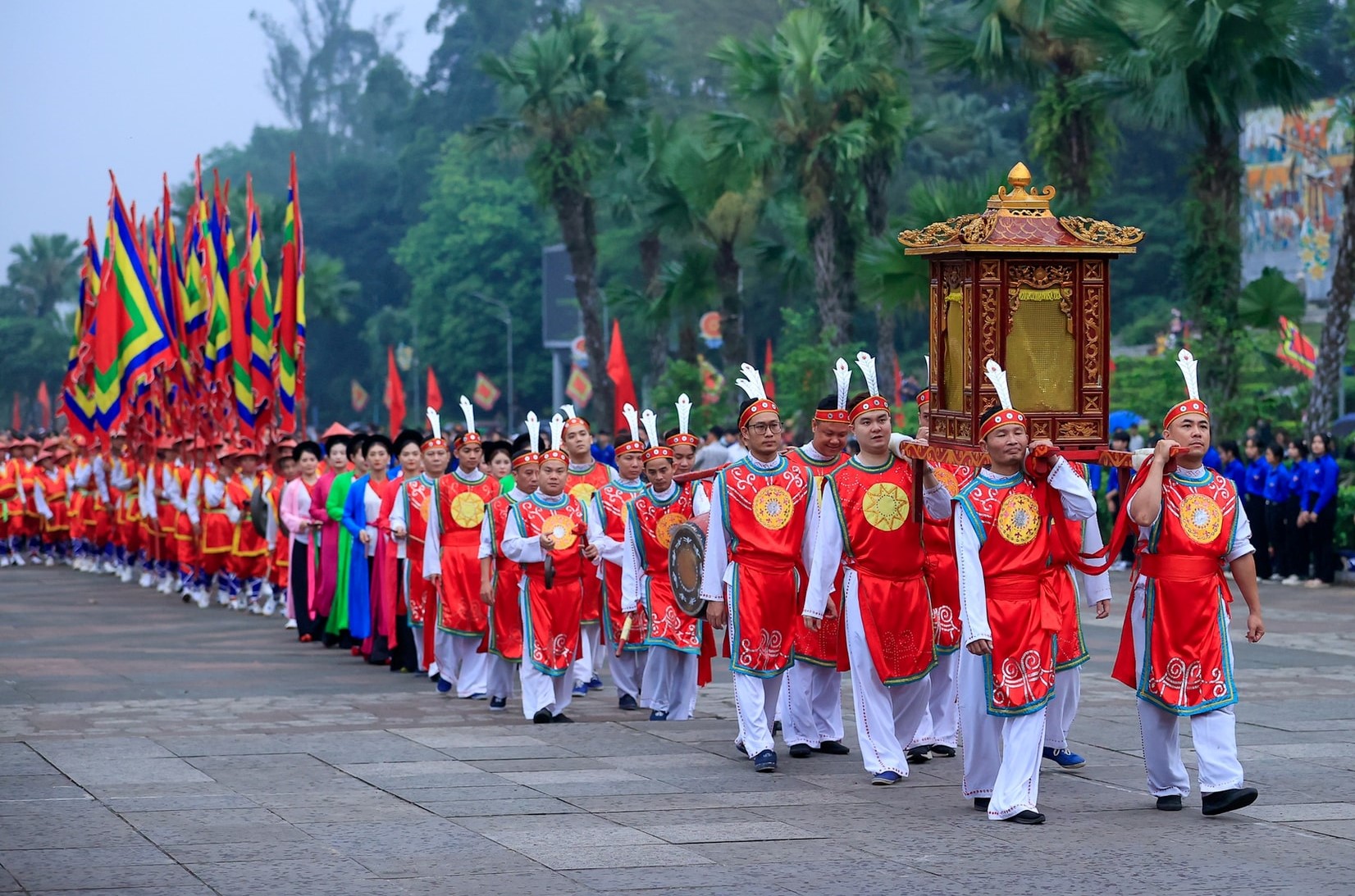
![[Photo] Ho Chi Minh City: Many people release flower lanterns to celebrate Buddha's Birthday](https://vphoto.vietnam.vn/thumb/1200x675/vietnam/resource/IMAGE/2025/5/10/5d57dc648c0f46ffa3b22a3e6e3eac3e)

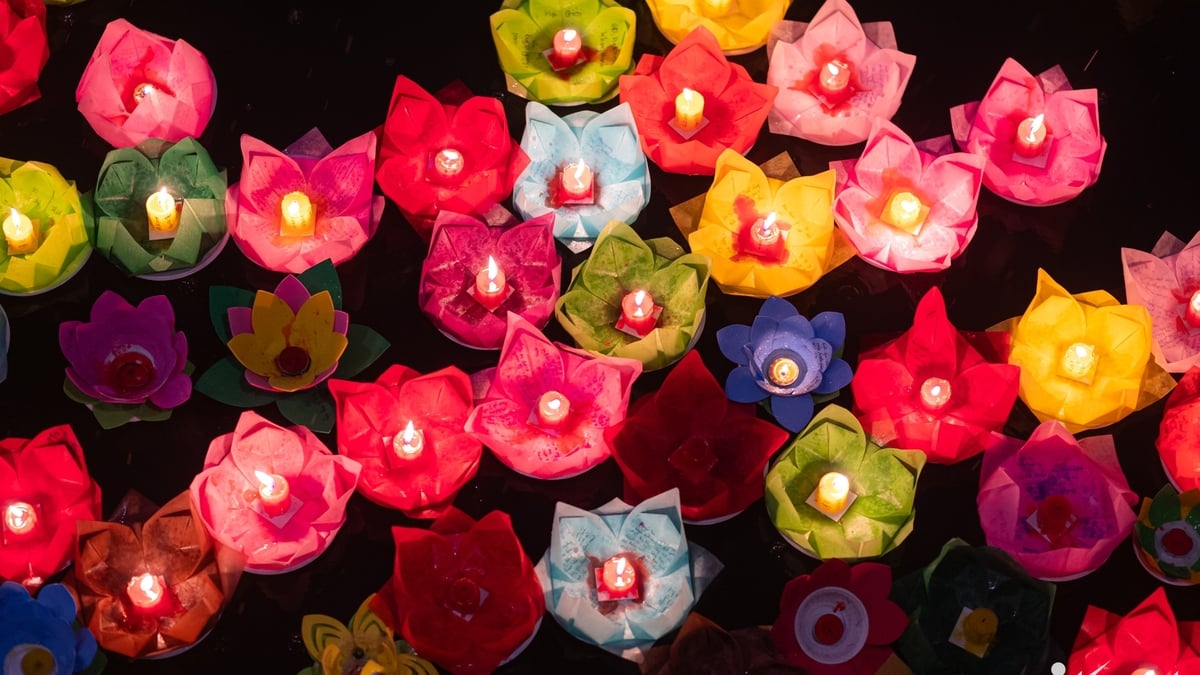
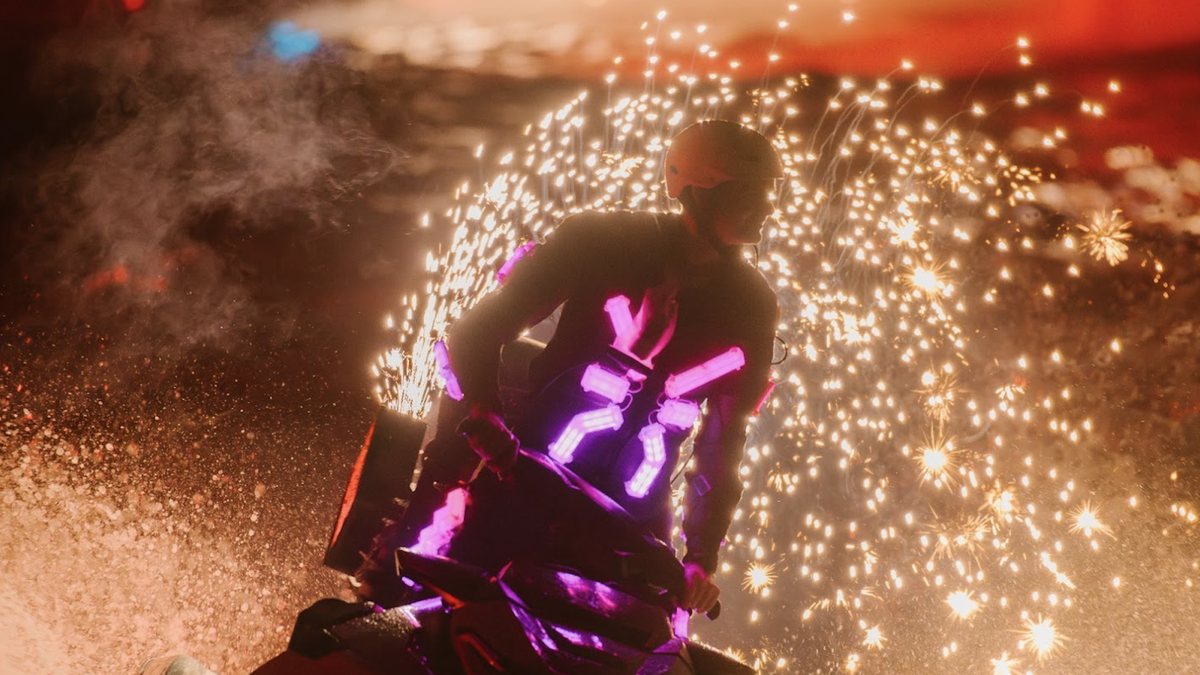

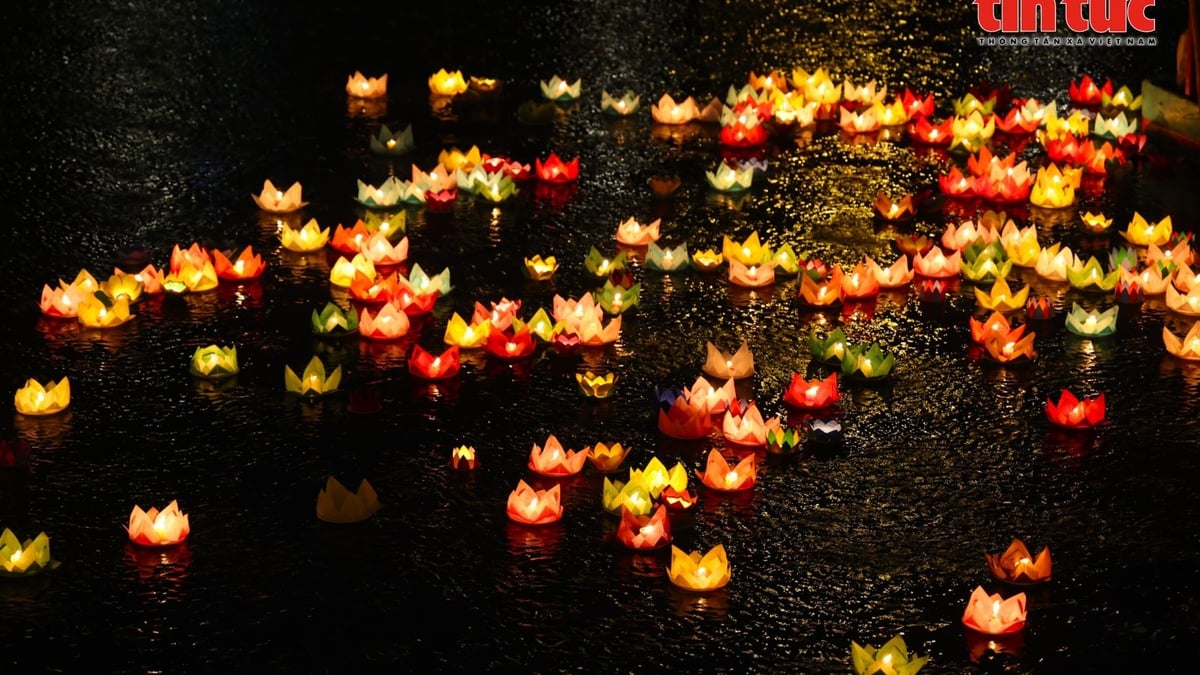
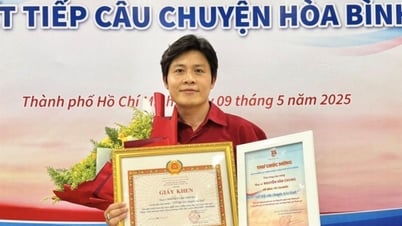


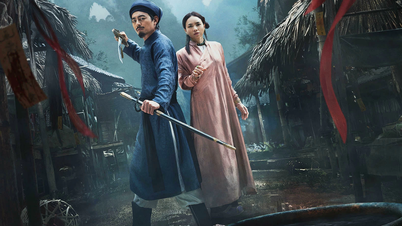
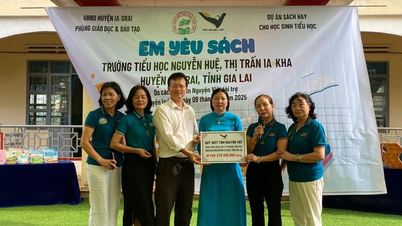
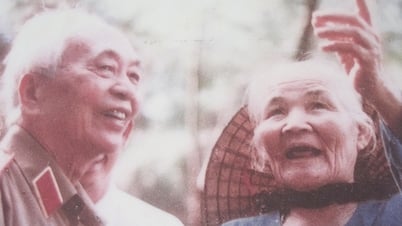




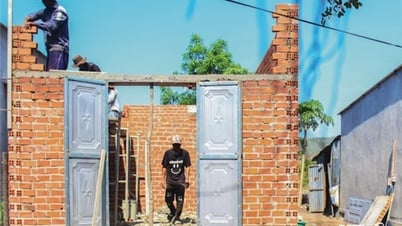
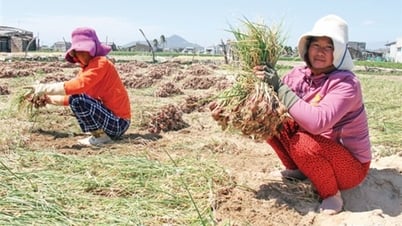




![[Photo] General Secretary To Lam meets with Chairman of the Federation Council, Parliament of the Russian Federation](https://vphoto.vietnam.vn/thumb/1200x675/vietnam/resource/IMAGE/2025/5/10/2c37f1980bdc48c4a04ca24b5f544b33)











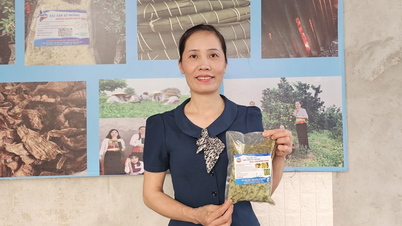

















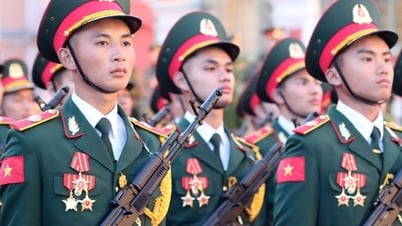
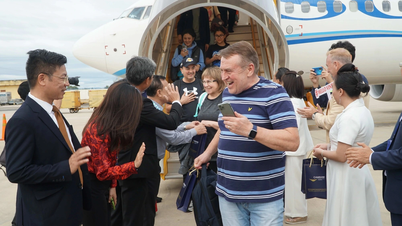



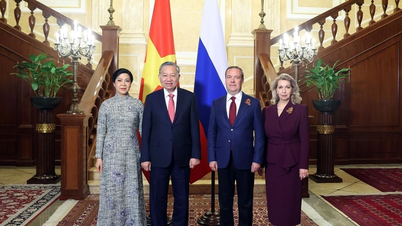




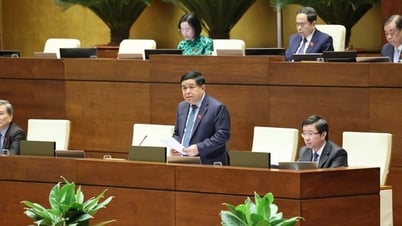

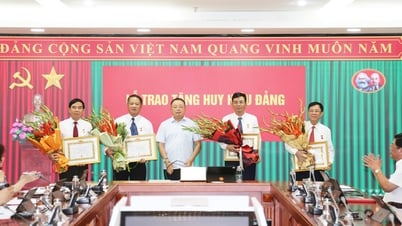

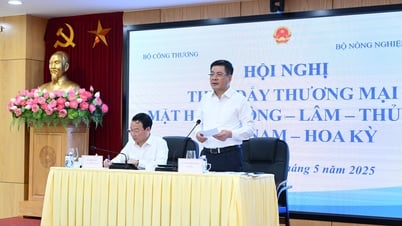


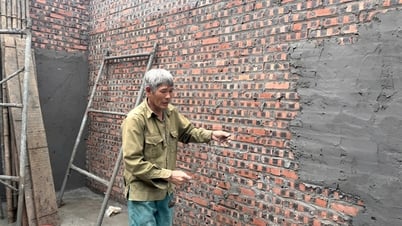

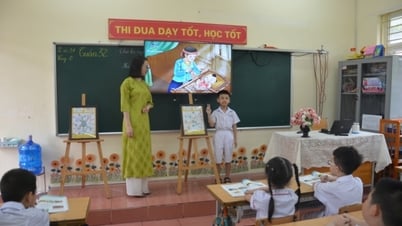

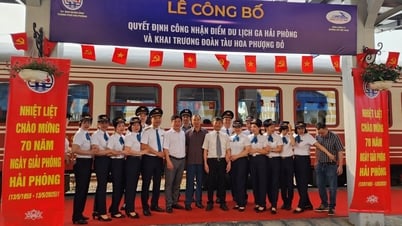
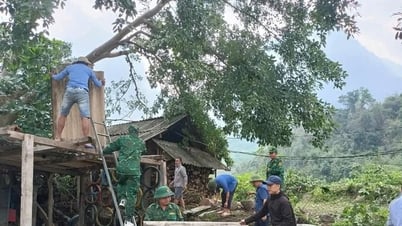











Comment (0)